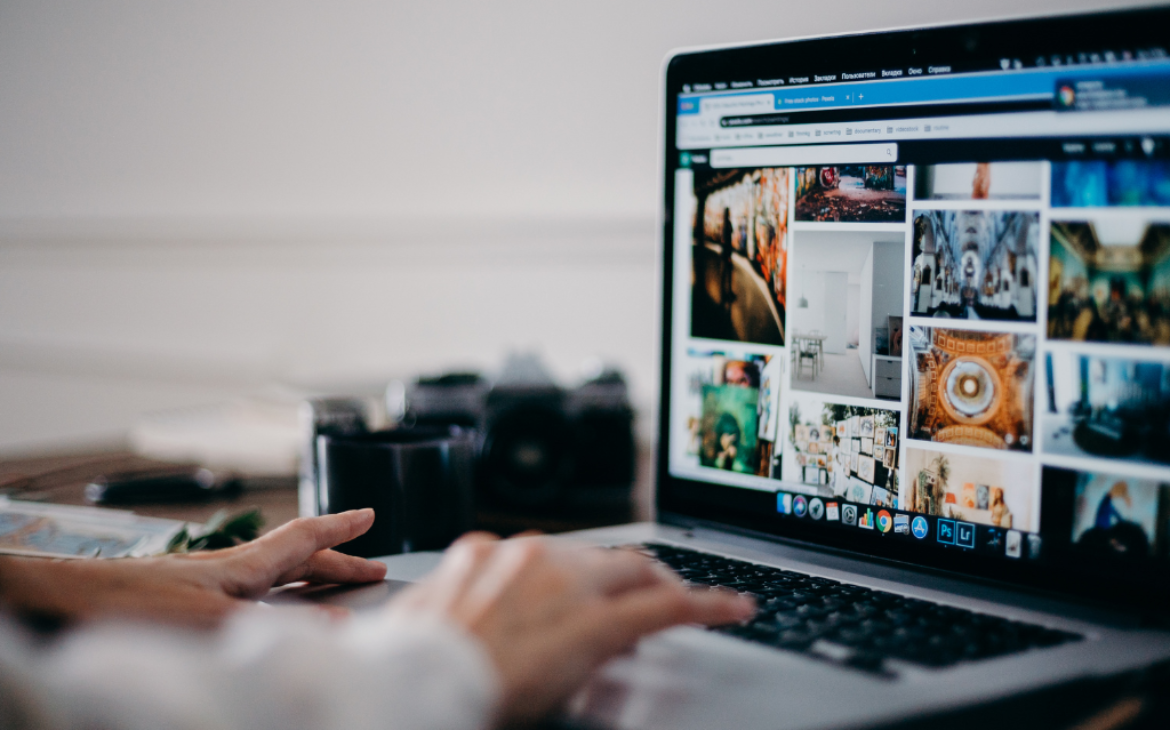The process of digitalization has marked the modern era by producing new algorithms, social networks, domains, and websites that have transformed human habits and society in general. New digital technology has accelerated and simplified human communication, improved the process of informing the public, and provided new forms of entertainment and leisure. Social networks quickly became attractive and popular, which prompted the creation of new online professions such as influencers, as well as the modification of existing ones to adapt to the online cyber space.
Influencers are defined as individuals who, on their social media profiles/accounts, have a significant number of followers who consider them role models. On their social media, influencers generate content that covers their daily lives; however, they often incorporate various sponsorships and advertisements into their organic content. This can present a problem, especially when it involves paid content that consumers perceive as organic, giving the impression of a sincere recommendation or advice.
Influencers are often role models for children and young people—they want to be like them, wear the same brands, use the same products, and go to the same locations as they do. A large portion of the paid content posted on influencers’ profiles is not transparently labeled as sponsored, which can particularly mislead and manipulate children and young people. This is why it is of utmost importance to have continuous conversations with children so they can recognize potentially misleading content and avoid falling under its influence.
Moreover, in addition to covert advertising and sponsored/paid content, insincere promotions and reviews, influencers may unintentionally or intentionally, out of ignorance or for some other similar reason, post information, data, or content that is not truthful or whose accuracy they have not personally verified. Another potential issue is the presentation of opinions as facts, which can mislead the audience. It is the responsibility of all stakeholders in the information and communication process to ensure that only verified and truthful content is shared, in order to reduce the spread of disinformation, fake news, misinformation, and deceptive and manipulative content.
Given the significant influence and importance of influencers in the modern age, where digital technology and innovation are at the forefront, it is crucial that the content they generate and share on their personal profiles and social networks is presented transparently.
Test Your Knowledge About Influencers and Disinformation:
The goal of the quiz is to help platform users learn more about the connection between influencers and disinformation.
This quiz was designed as part of the project “Improving the Culture of Fact-Checking,” conducted by HUOJ in collaboration with media experts from Lider Media and the Faculty of Economics, University of Zagreb, with financial support from the European Union – NextGenerationEU.

